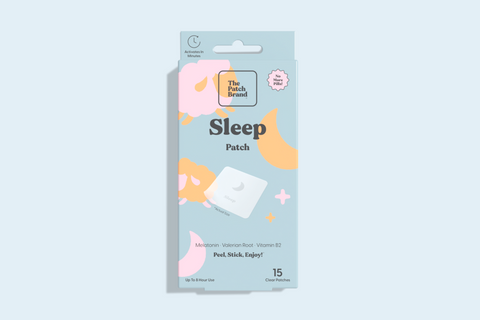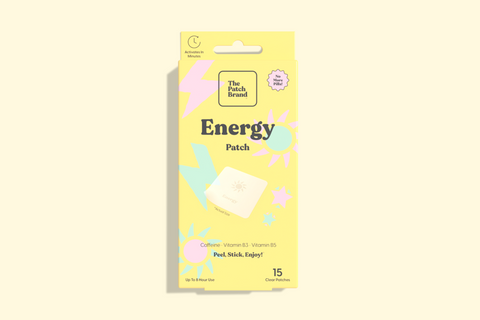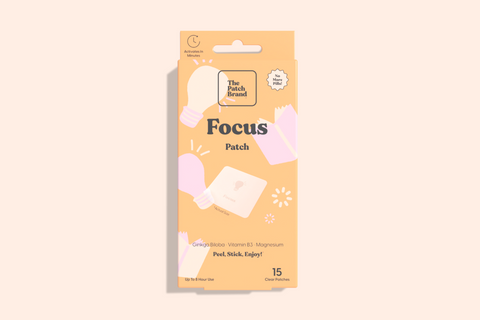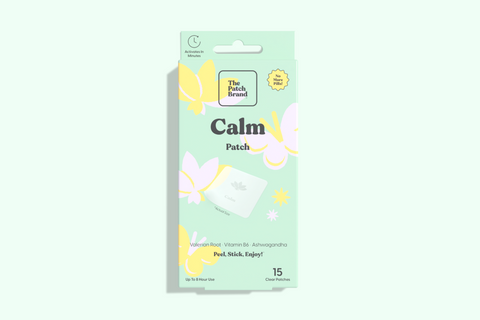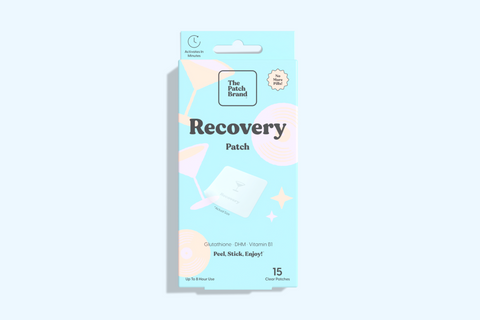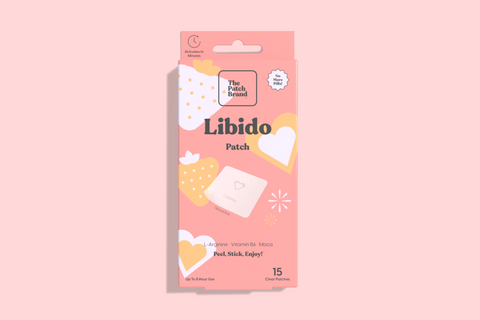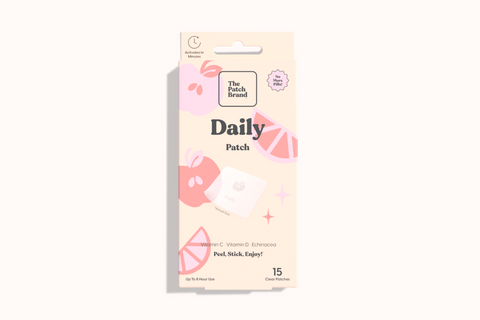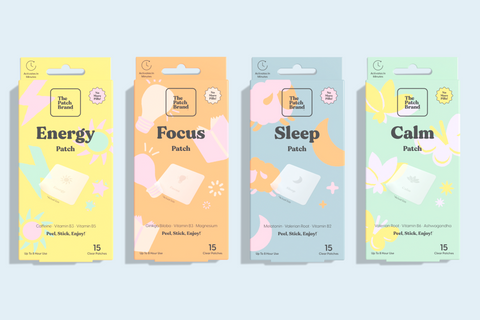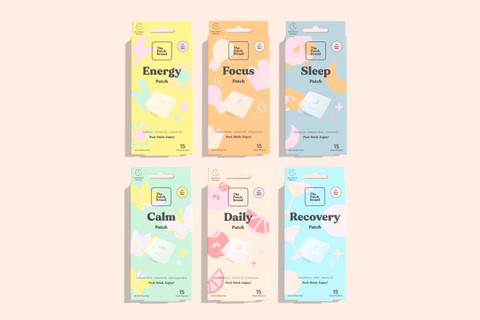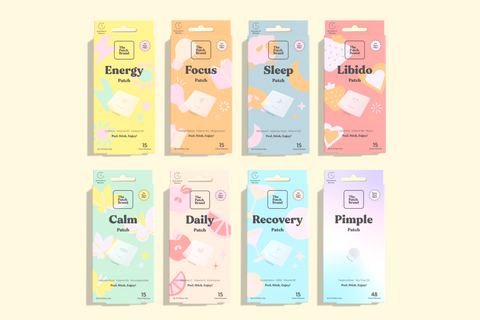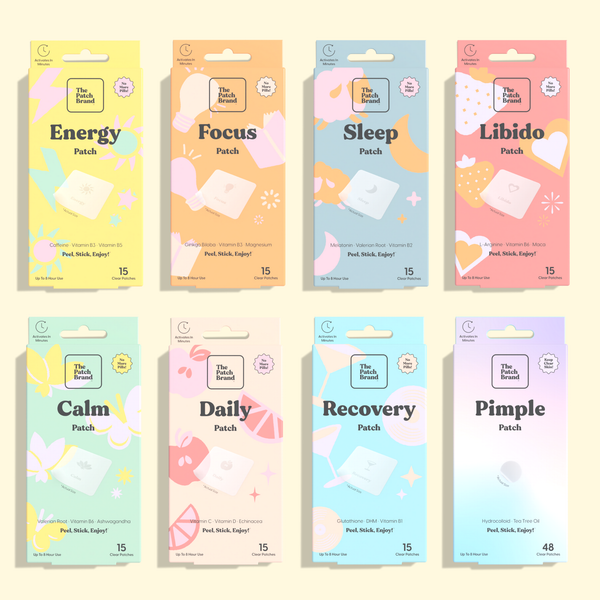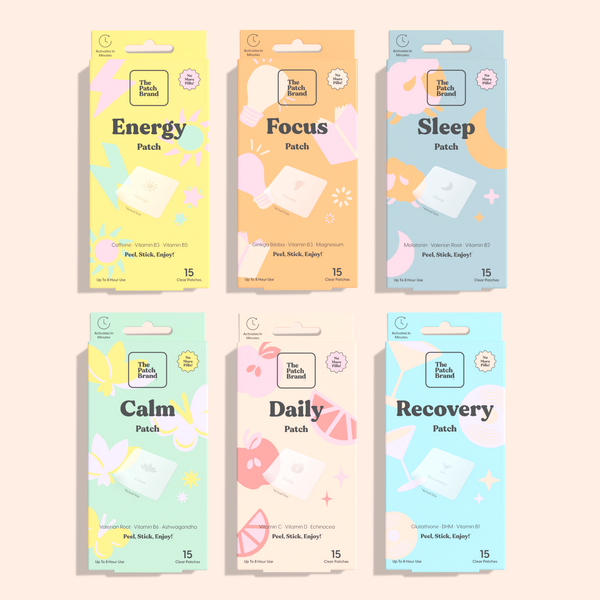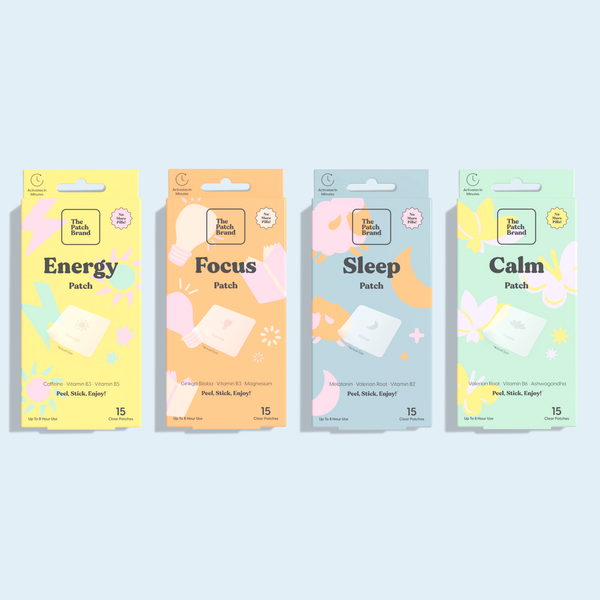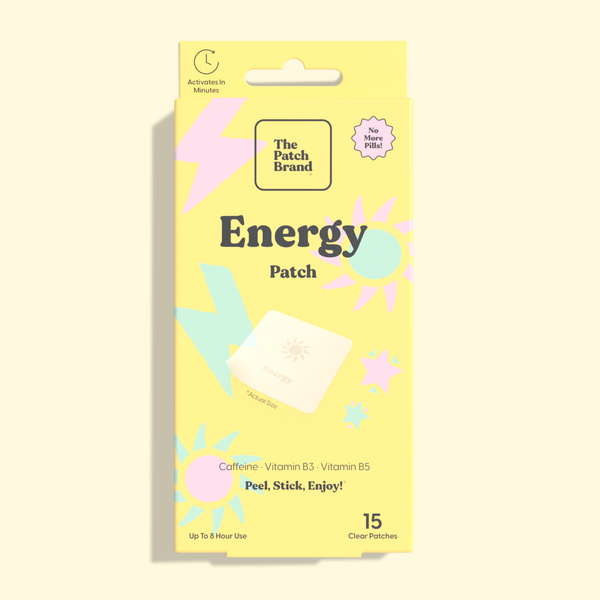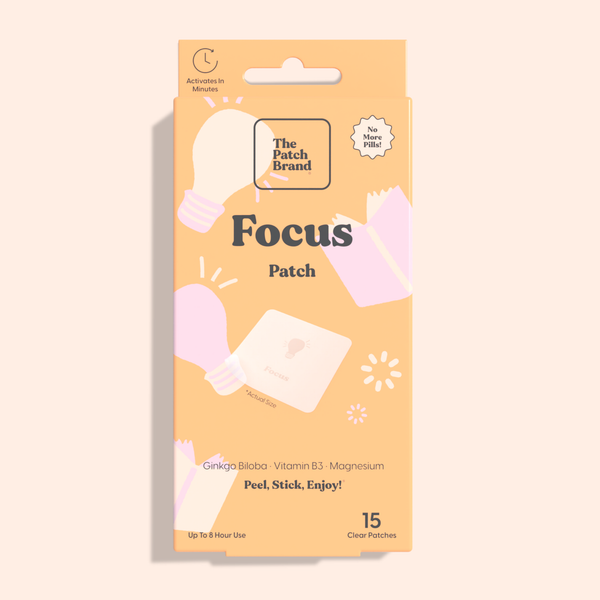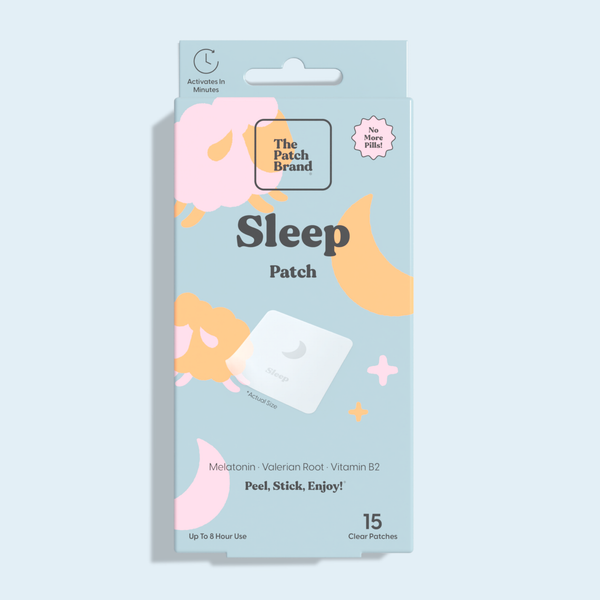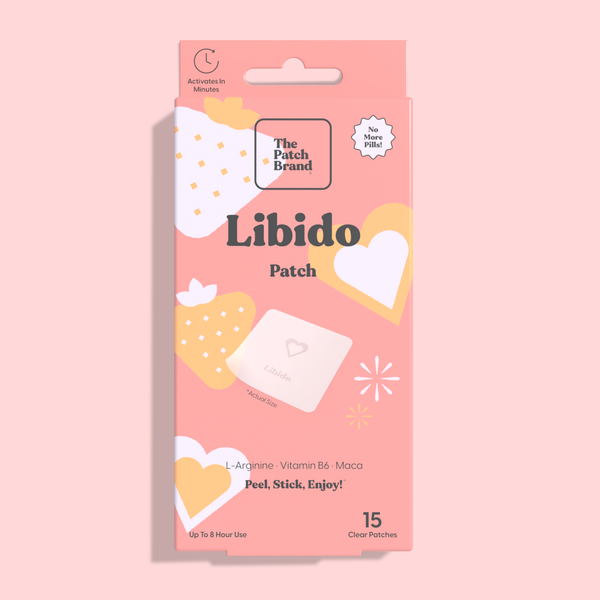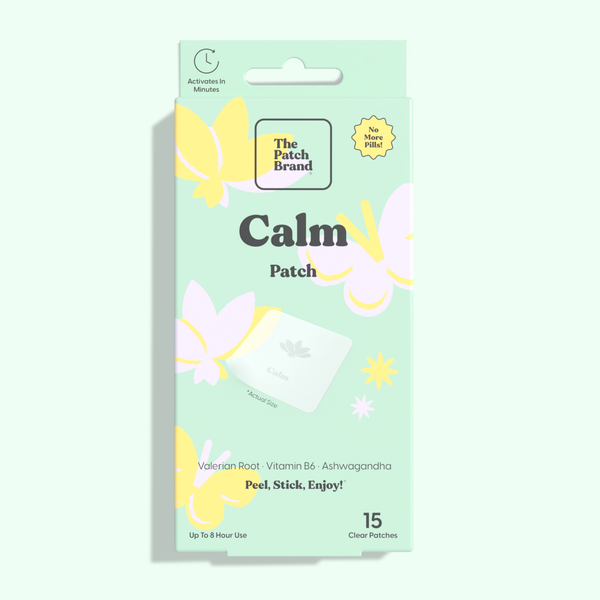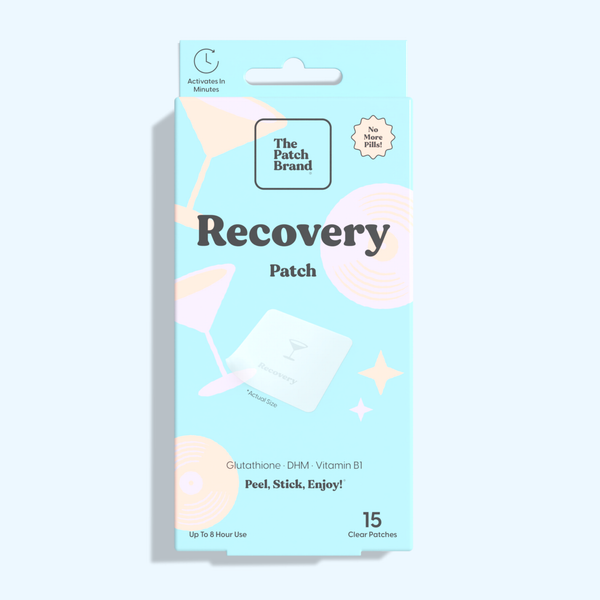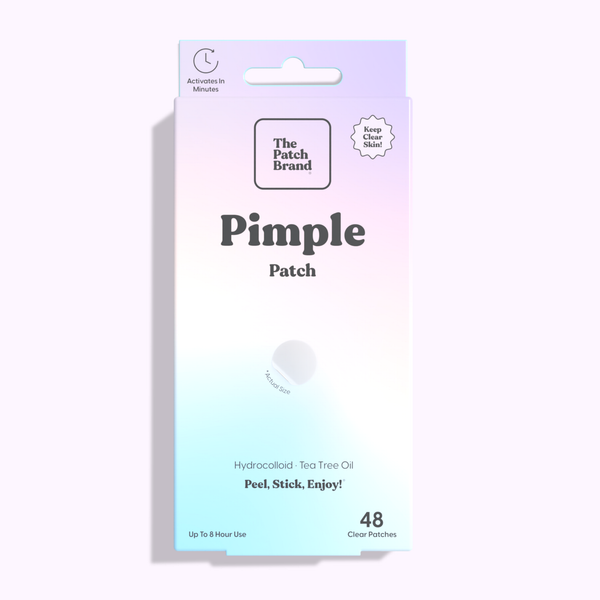Sleep: it's an essential part of our lives, the sanctuary we retire to after a long day. Yet, for many, a sound night's sleep seems an elusive luxury. What if the key to better sleep lies not in countless sheep but in something as simple as a vitamin? In our quest for better rest, we delve into the extraordinary link between Vitamin B6 and sleep quality.
The Importance of Vitamin B6
Known for its role in supporting the body's critical functions, Vitamin B6 plays an integral part in our overall health. However, it often doesn't receive the spotlight it deserves.
Vitamin B6, also known as pyridoxine, plays a vital role in various bodily functions. While it contributes to protein metabolism and supports brain development and function, its impact on sleep quality is particularly noteworthy. Adequate levels of Vitamin B6 have been linked to better sleep patterns and overall sleep quality. To ensure you're getting enough of this essential nutrient, it's important to include Vitamin B6-rich foods in your diet. Here are some key food sources rich in Vitamin B6:
-
Fish: Salmon and tuna are not only delicious but also some of the richest sources of Vitamin B6. This nutrient plays a crucial role in protein metabolism, which is important for muscle repair and growth. Including these fish in your diet a couple of times a week can help meet your nutritional needs and also provide other benefits such as omega-3 fatty acids, which are good for heart health.
-
Poultry: Staples in many diets, chicken and turkey are great providers of vitamin B6. Regular consumption of these poultry items can contribute significantly to your daily Vitamin B6 intake. This is particularly beneficial as Vitamin B6 is vital for the creation of neurotransmitters, which regulate emotions. Additionally, poultry is a lean source of protein and can be a healthy part of a balanced diet.
-
Non-Citrus Fruits: Bananas and avocados are not only versatile and delicious but are also packed with Vitamin B6. Bananas are a quick and easy snack and can boost your energy levels, while avocados are great in salads or as spreads. Both fruits are great options for anyone trying to increase the amount of plant-based foods in their diet since they are high in heart-healthy fats and fiber.
-
Starchy Vegetables: Potatoes are a comforting and common feature in many meals. They are a good source of Vitamin B6, which is essential for maintaining a healthy nervous system. Potatoes can be enjoyed in various ways, such as baked, mashed, or roasted, making them a versatile component of your diet. They also provide other nutrients, like potassium and vitamin C, adding further health benefits.
Incorporating these foods into your meals can help you maintain optimal levels of Vitamin B6, potentially leading to improved sleep and overall well-being. So whether you're a fan of seafood, lean meats, or plant-based delights, there are plenty of options to ensure you're reaping the benefits of Vitamin B6 in your daily life.
Vitamin B6 and Sleep Quality
Vitamin B6 and Melatonin
Vitamin B6 not only directly affects sleep quality but also has an indirect impact on our sleep-wake cycles through its role in the synthesis of melatonin. Melatonin is synthesized from serotonin, a neurotransmitter that itself is derived from the amino acid tryptophan. B6 is vital in this conversion process, acting as a cofactor in the enzymatic reactions that convert tryptophan to serotonin and subsequently serotonin to melatonin.
Beyond its role in melatonin production, vitamin B6 has other significant impacts on neurological health that can indirectly influence sleep patterns. It is essential for the synthesis of neurotransmitters such as dopamine, which plays a role in mood regulation and can affect sleep quality. Low levels of dopamine are associated with disturbances in sleep, including difficulties in both falling and staying asleep. Furthermore, B6 is involved in the production of gamma-aminobutyric acid (GABA), a neurotransmitter that helps reduce neuronal excitability throughout the nervous system. GABA's presence is crucial for managing stress and anxiety, which are often primary contributors to sleeplessness.
Studies have shown that Vitamin B6 supplementation can lead to more vivid dreams and potentially improve overall sleep quality. While the exact mechanisms behind this effect are not fully understood, it is believed that B6's involvement in neurotransmitter synthesis and regulation may contribute to these positive outcomes.
How B6 Influences Sleep Cycles
Considering the potential benefits, ensuring an adequate intake of Vitamin B6 as its one of the potentially useful
vitamins for sleep and can be beneficial for those seeking to optimize their sleep. Along with incorporating B6-rich foods into your diet, supplements are also available as a convenient option to boost your B6 levels. However, it's always advisable to consult with a healthcare professional before starting any new supplementation regimen.

Balancing Vitamin B6 Levels
When the body experiences a deficiency in Vitamin B6, a cascade of symptoms may emerge that notably disrupt daily life and overall well-being. Initially, individuals might experience a profound sense of fatigue, which goes beyond typical tiredness. This fatigue is often pervasive, making it difficult to manage daily tasks and maintain energy levels throughout the day. Alongside this, the immune system's efficacy diminishes, increasing susceptibility to infections and slowing recovery times, which further depletes energy reserves. Cognitive functions are also affected, with noticeable declines in attention, memory, and problem-solving abilities. These cognitive impairments can lead to difficulties in concentrating at work or school and may increase irritability and mood swings. These symptoms collectively impact sleep quality profoundly. Fatigue, while initially seeming to promote more rest, actually leads to non-restorative sleep, making it difficult to achieve the deep sleep stages necessary for physical and mental recovery. The weakened immune response and cognitive decline can also contribute to sleep disturbances, such as waking up frequently during the night or experiencing prolonged periods of wakefulness, which prevent restful sleep.
One of the more critical impacts of a significant deficiency is the development of irregular sleep patterns or even insomnia. It exacerbates stress, lowers pain thresholds, and may lead to depression, all of which can worsen the individual's quality of life significantly. Persistent insomnia often leads to a reliance on sleeping aids or medications, which can come with their own set of side effects and dependencies.
Consuming excessive amounts of Vitamin B6 can also pose risks. An overload of B6 can lead to nerve damage, resulting in unpleasant symptoms like numbness and difficulties with mobility. Therefore, it is essential to monitor your B6 intake and avoid excessive supplementation to maintain a healthy balance. Finding the right balance of Vitamin B6 is essential for promoting optimal sleep and overall health. It is always advisable to consult with a healthcare professional to determine the appropriate B6 intake based on your individual needs and circumstances. By doing so, you can ensure that you reap the benefits of Vitamin B6 without experiencing any adverse effects.
Revolutionizing Supplementation through Vitamin Patches
In the recent wave of health and wellness, vitamin patches have gained traction. These innovative wellness tools promise a new approach to supplementation, especially for those who find oral supplements challenging.
Research indicates that a
vitamin patch, such as a B6
patch for sleep, can deliver nutrients directly into the bloodstream. This bypasses the digestive system, potentially leading to better absorption and effectiveness.
Convenient and straightforward,
sleep patches or
wellness patches offer a host of benefits. They provide a slow, sustained release of vitamins and can be particularly beneficial for those with absorption issues. Plus, they're a convenient
sleep aid patch option for better rest.
Achieving Better Sleep with Vitamin B6
Supplementing Safely
These can range from traditional capsules to innovative
sleep vitamin patches, which offer a unique method of delivering nutrients directly through the skin. However, the decision to use supplements should not be taken lightly. It is imperative to consider personal health factors such as age, existing health conditions, and any specific dietary restrictions that might affect supplement compatibility. For instance, older adults or those with chronic conditions may have different
nutritional requirements and may react differently to certain supplements. As emphasized before, consulting with a healthcare provider is crucial to ensure that any supplement chosen is safe and effective, aligning with one’s personal health needs and goals. Understanding the bioavailability and efficacy of different supplement forms, such as comparing the absorption rates of the
best vitamin patches versus capsules, is essential for making informed health decisions.
Regular Exercise and Stress Management
Engaging in regular physical activity and managing stress effectively are vital for enhancing sleep quality and maintaining overall health. Exercise not only helps in physically tiring the body but also plays a significant role in regulating stress hormones like cortisol, which, when elevated, can disrupt sleep. Incorporating stress-reduction techniques into your daily routine can profoundly impact your overall relaxation and significantly enhance your sleep quality. Here are three valuable methods to consider integrating into your lifestyle:
-
Meditation: Regular meditation practice offers a powerful tool for calming the mind and alleviating stress. By focusing on mindfulness or specific meditative practices, individuals can significantly reduce their mental clutter and anxiety, creating a more conducive environment for sleep. Engaging in meditation daily, even for short periods, can help stabilize mood, decrease anxiety levels, and enhance overall sleep quality. This practice gradually fosters a deeper state of relaxation each night, making it easier to transition into sleep.
-
Yoga: Yoga combines physical postures, breathing exercises, and meditation to enhance physical and mental health. Regular yoga practice can be particularly effective for releasing built-up tension in the muscles and balancing stress hormones like cortisol, which often interfere with sleep. You may increase your range of motion, lessen your discomfort, and encourage deeper, more restorative sleep by including yoga into your everyday practice. The rhythmic breathing and gentle stretching involved in yoga soothe the nervous system and prepare the body for a night of calm sleep.
-
Breathing Exercises: Simple deep breathing exercises are a quick and accessible way to induce relaxation and reduce stress. Techniques such as the 4-7-8 breathing method or diaphragmatic breathing can be performed anywhere and at any time, providing immediate relief from stressors and helping to calm the mind before bedtime. Regular practice of deep breathing can lower heart rate, reduce blood pressure, and prepare both the body and mind for sleep, making it easier to fall asleep and improving the quality of sleep throughout the night.
By adopting these techniques and making them a part of your everyday routine, you can not only enhance your ability to relax but also significantly improve the quality of your sleep. This holistic approach to managing stress and preparing for sleep can contribute to greater health and well-being.

As discussed, the integration of adequate Vitamin B6 intake is particularly beneficial as it is known to play a crucial role in the synthesis of serotonin, a neurotransmitter that regulates mood and sleep patterns. Whether through dietary sources like bananas and tuna or supplements, ensuring sufficient Vitamin B6 intake can complement physical activity and stress management strategies to provide a holistic approach to better sleep. By systematically combining these elements, individuals can create a powerful regimen that supports both mental and physical health, leading to more restful nights and energetic days.
The role of Vitamin B6 in promoting sleep quality is indeed an intriguing discovery. Balancing its intake, whether through diet, supplementation, or an innovative nutritional patch, can potentially lead to better sleep and improved well-being. As always, it's essential to consider personal health factors and, when in doubt, consult with a healthcare provider. Here's to unlocking the secret to a good night's sleep and embarking on a proactive health journey!


